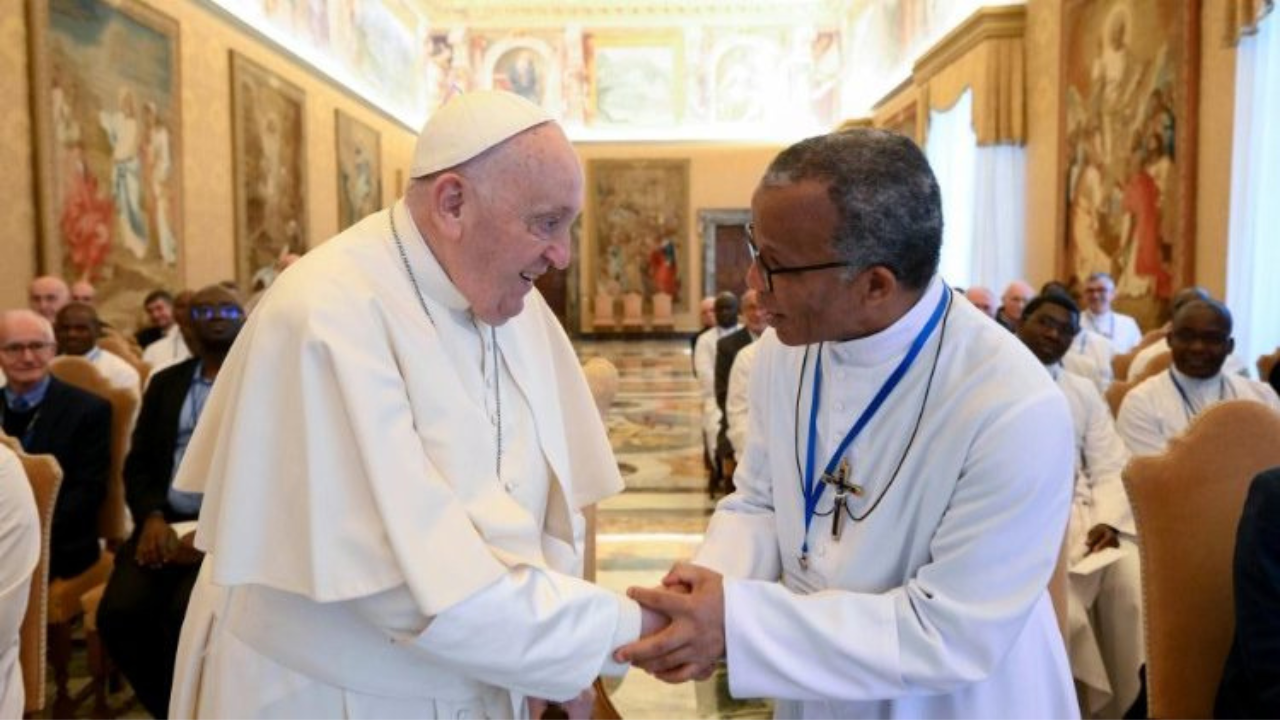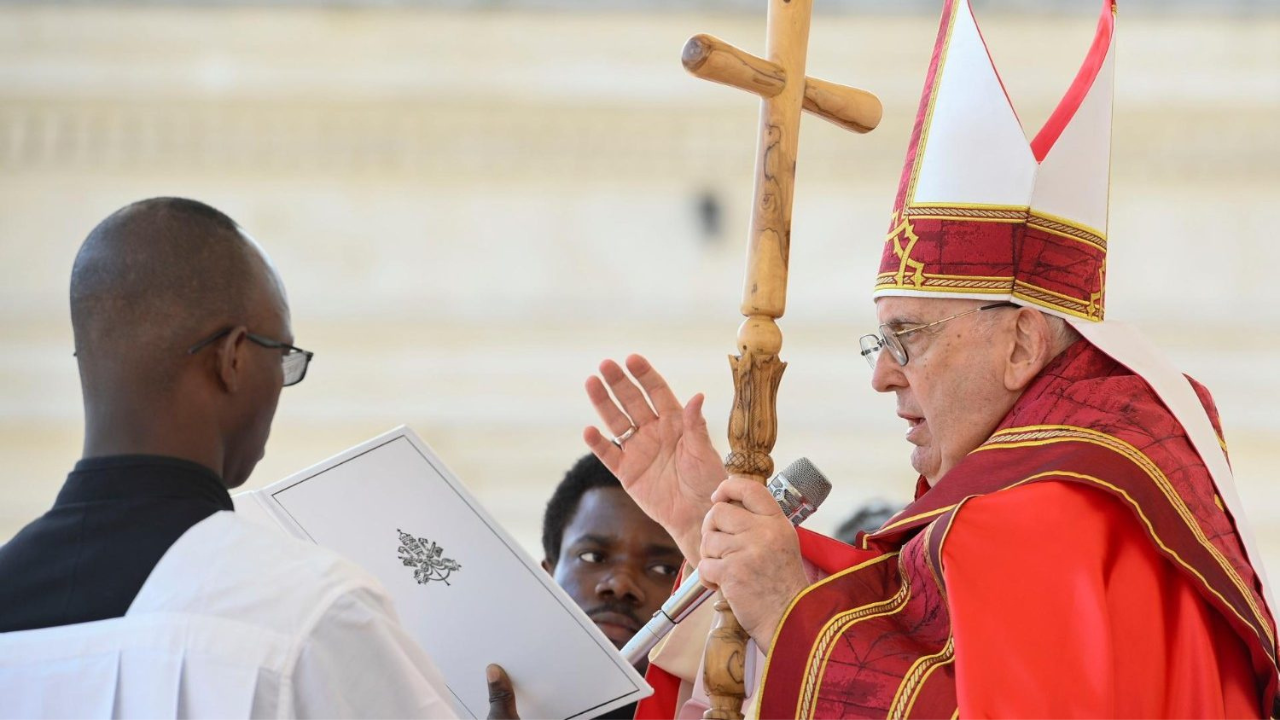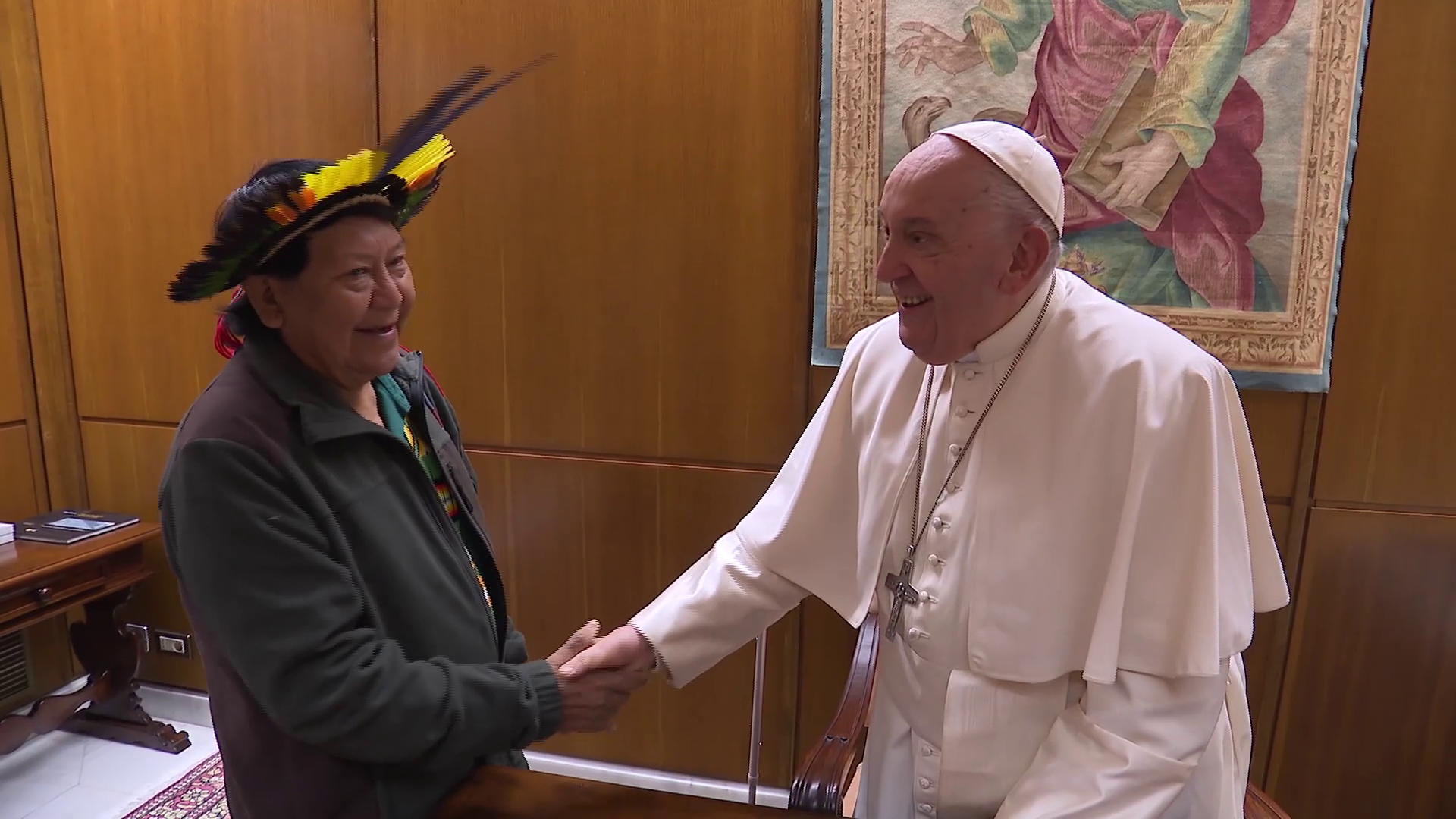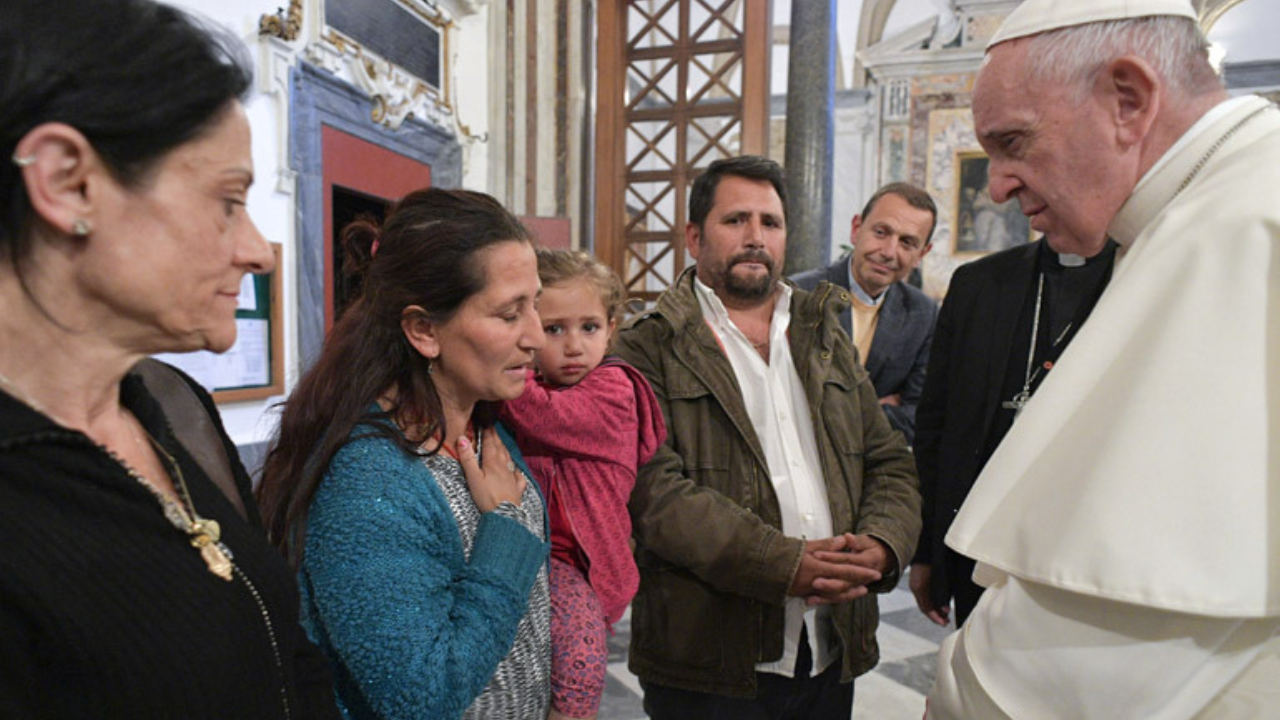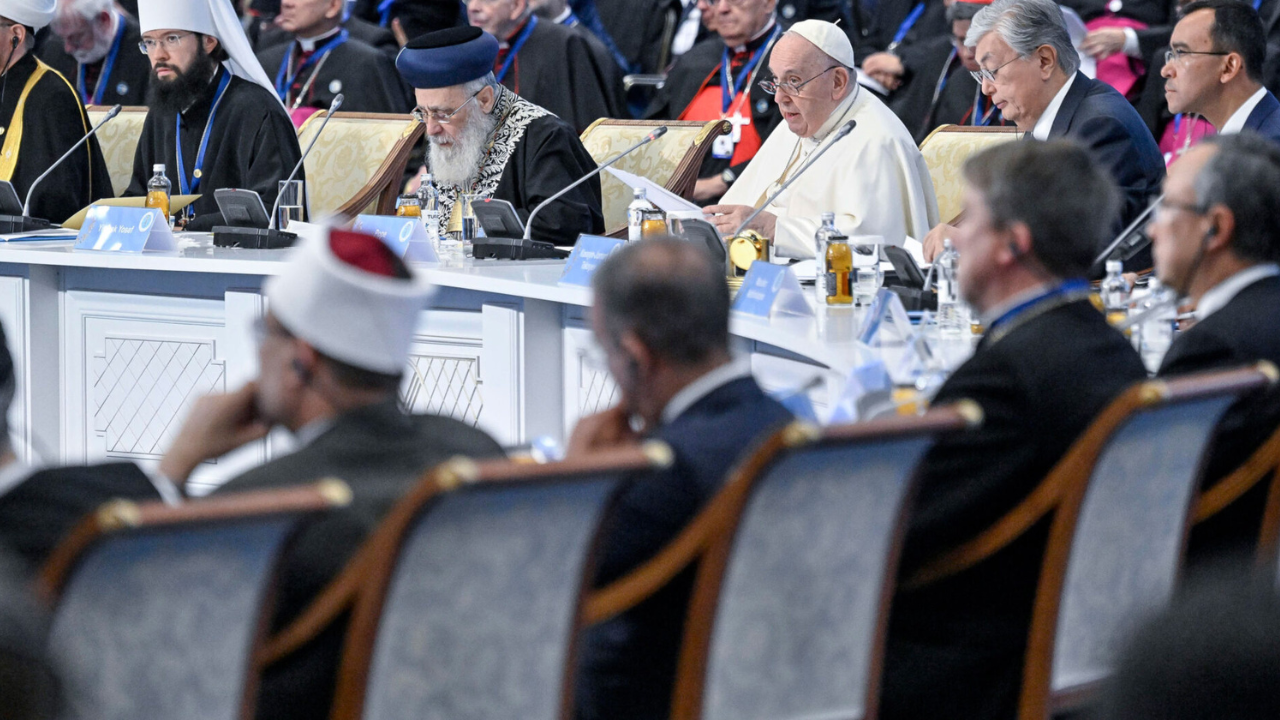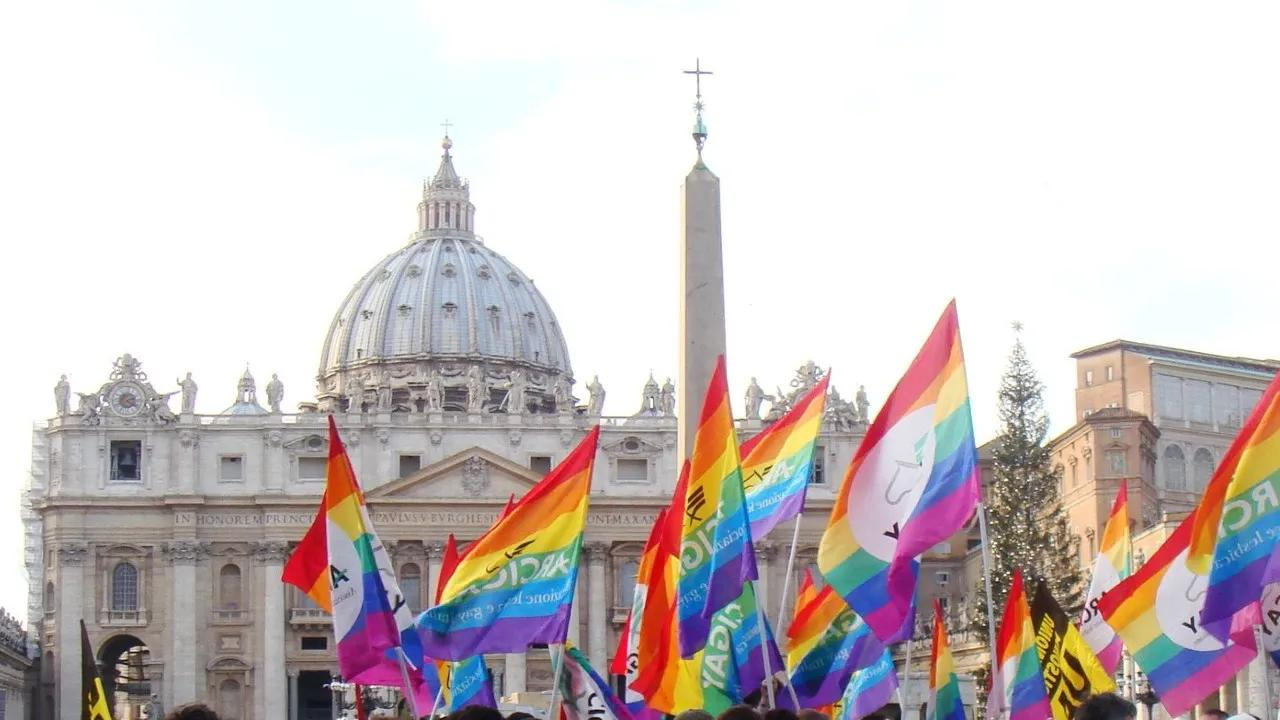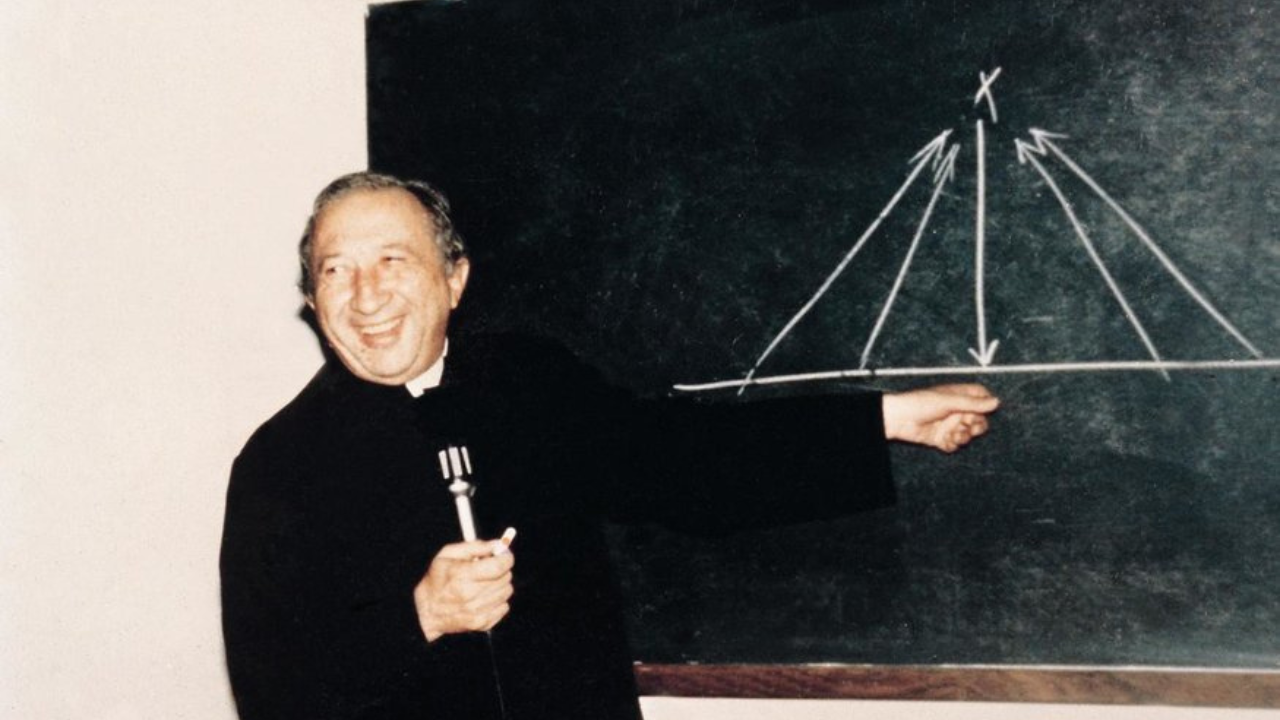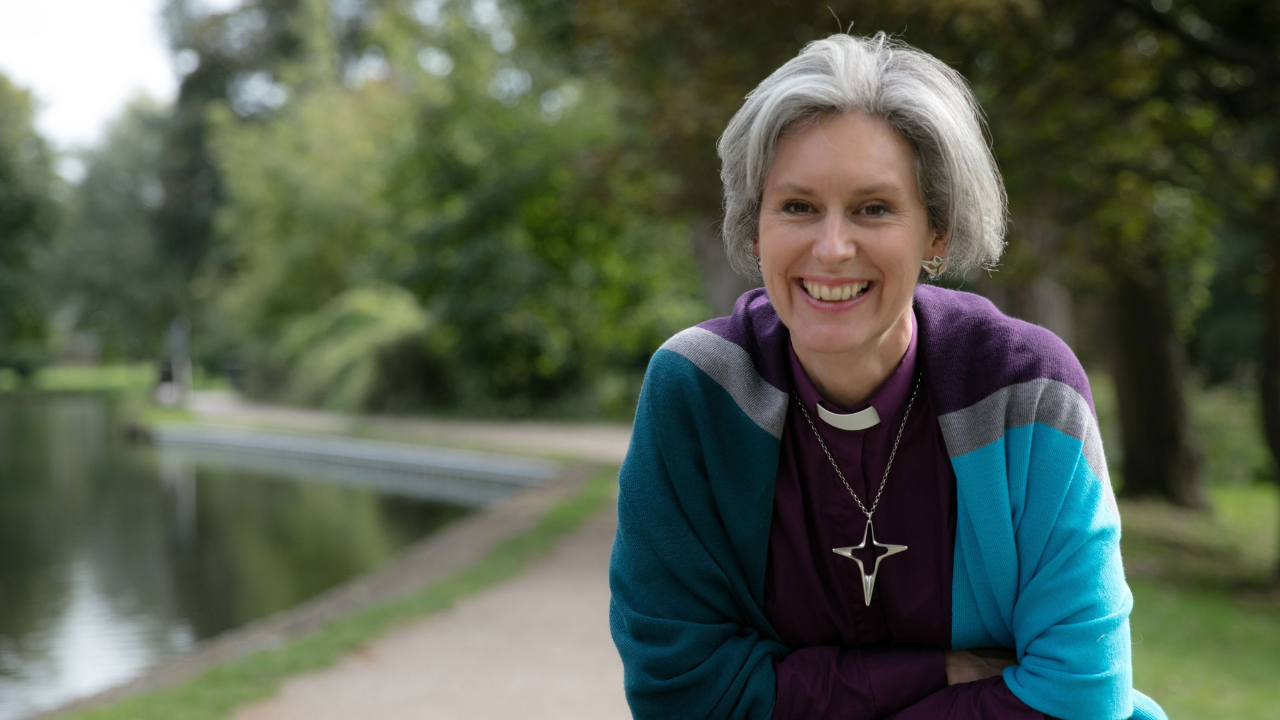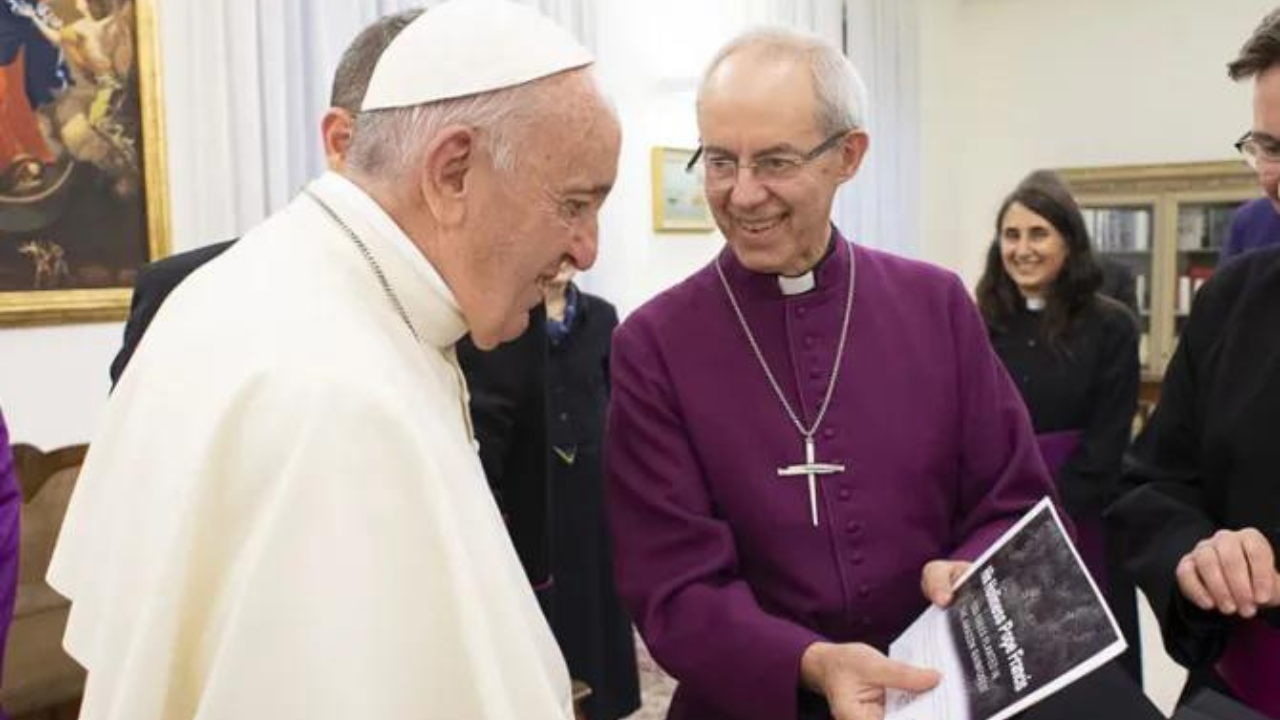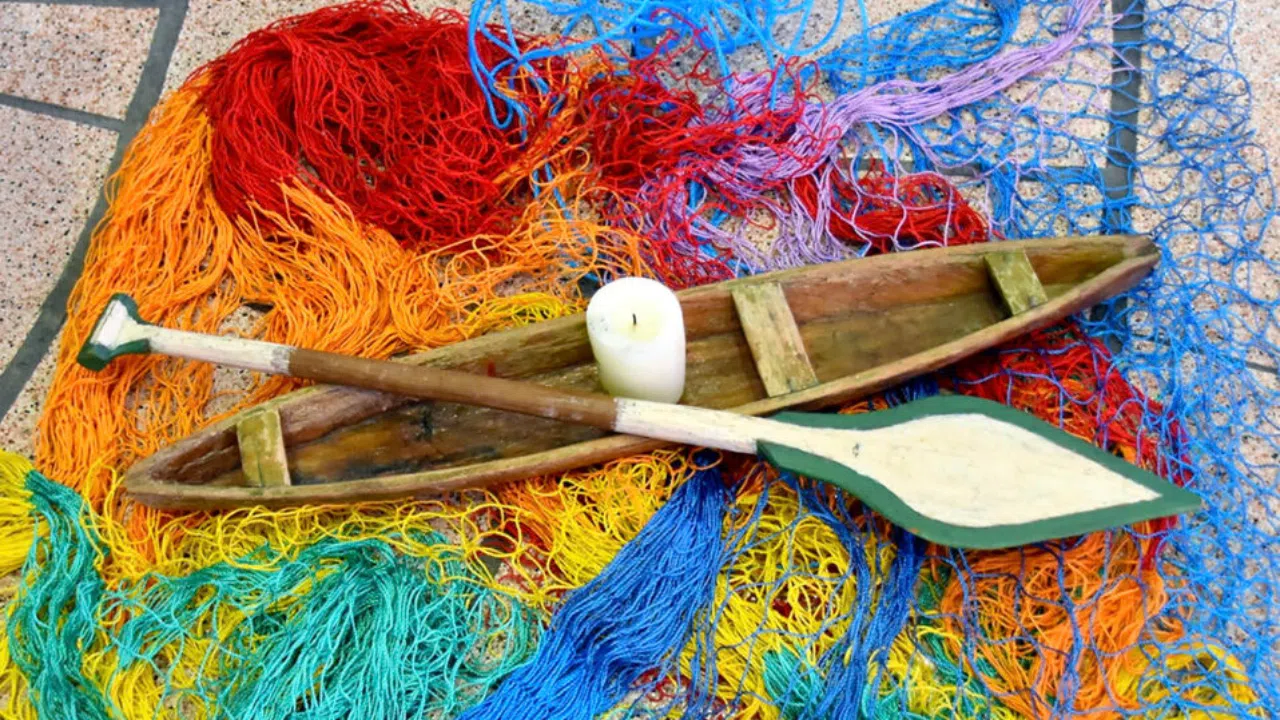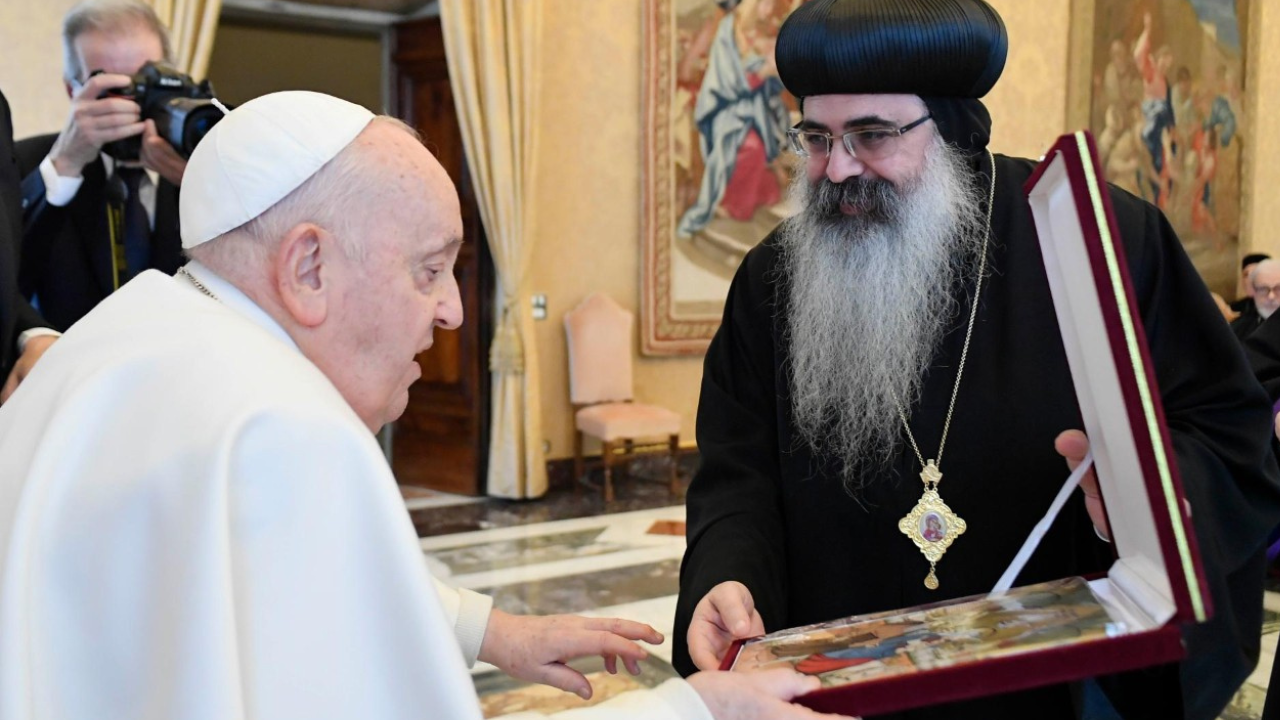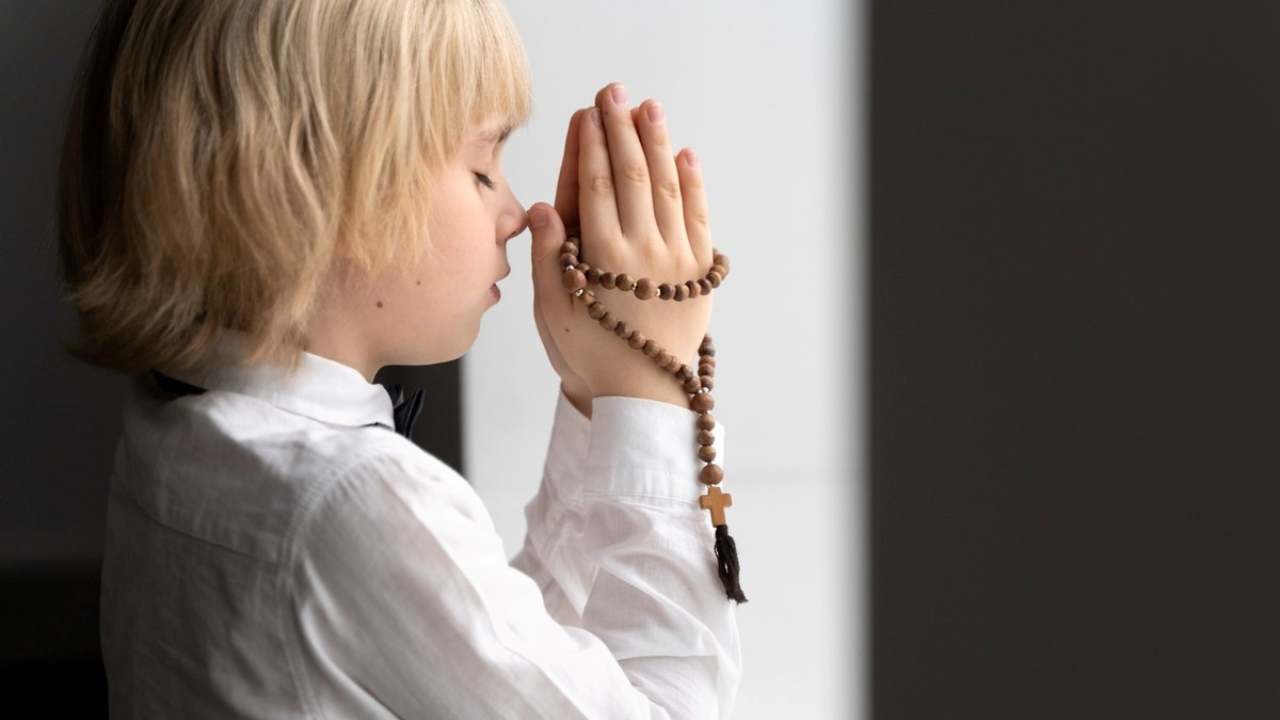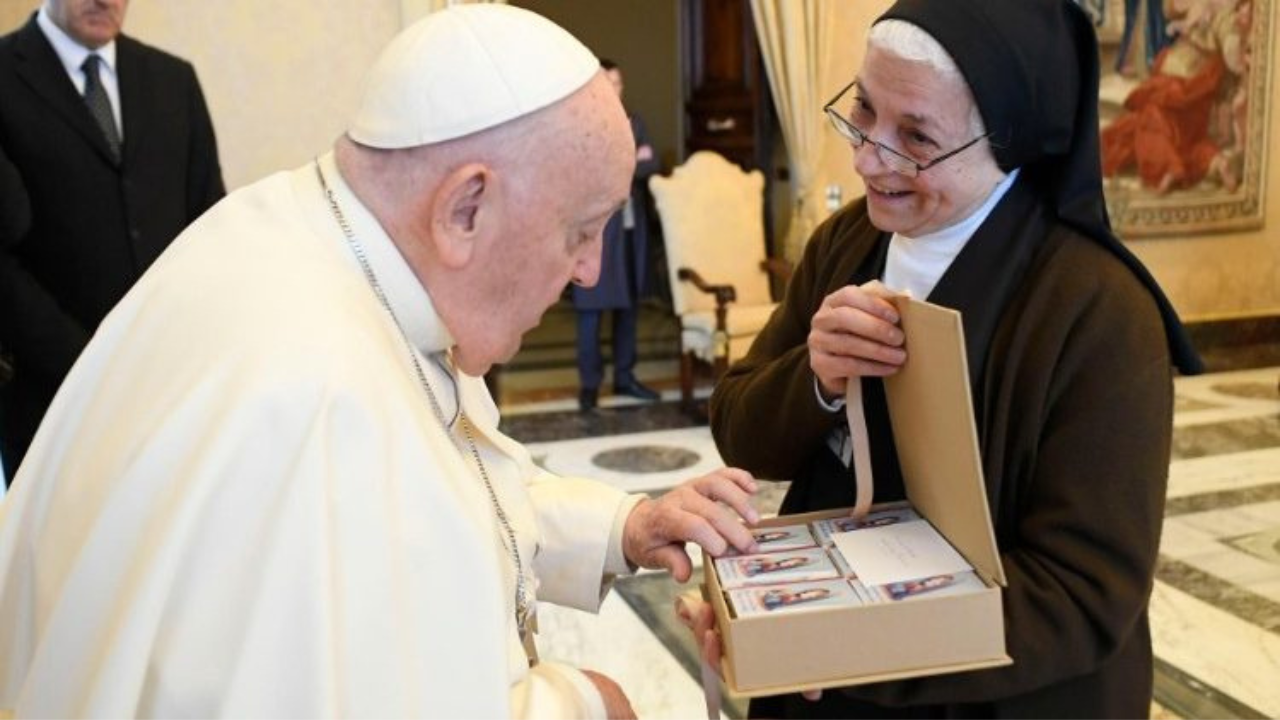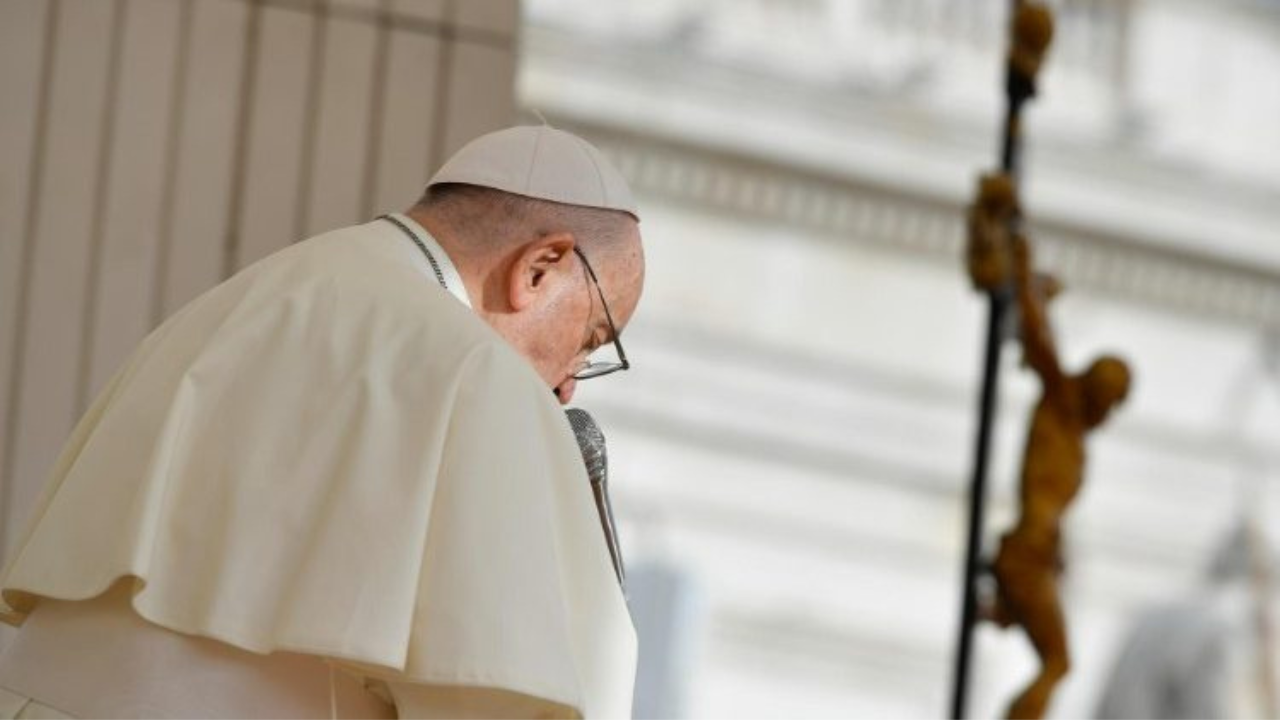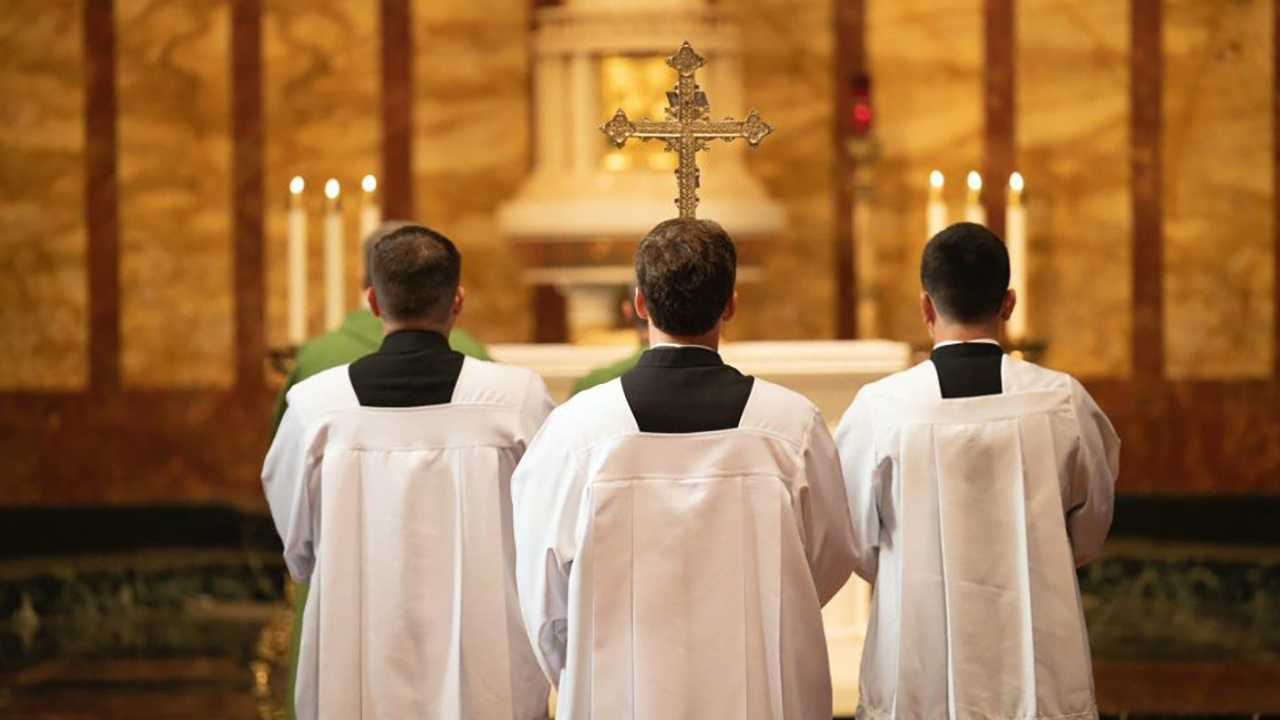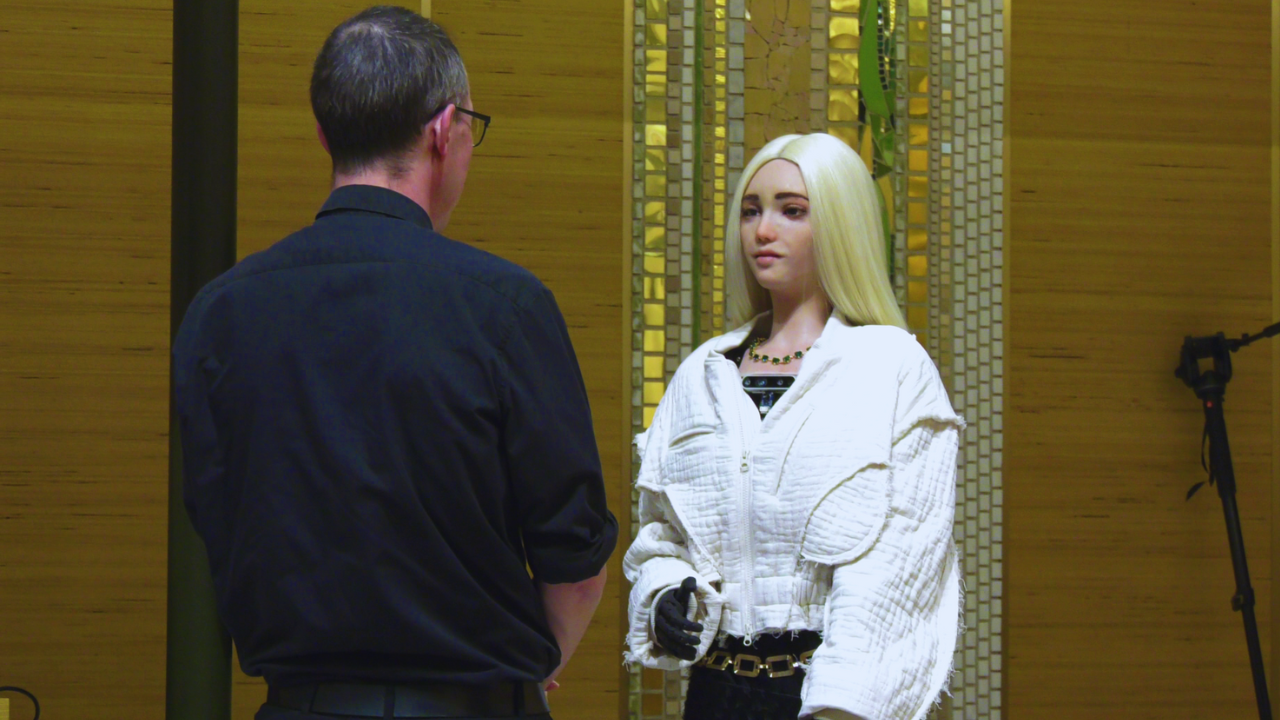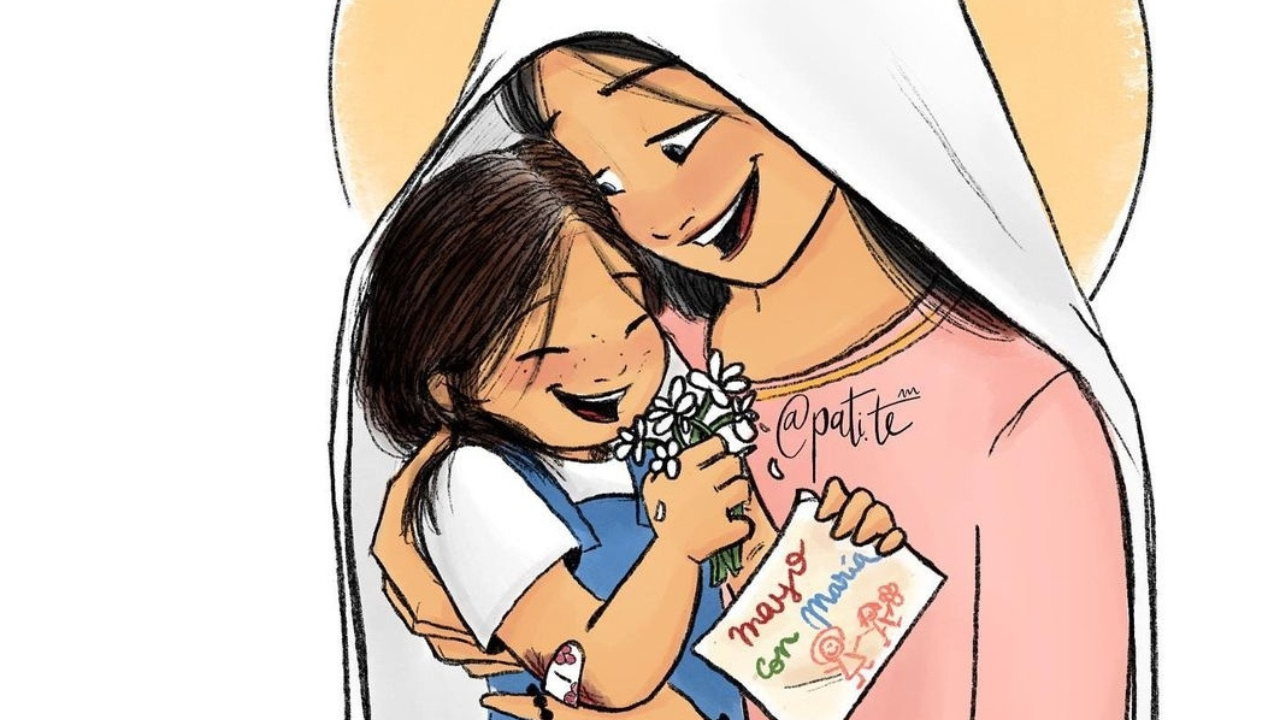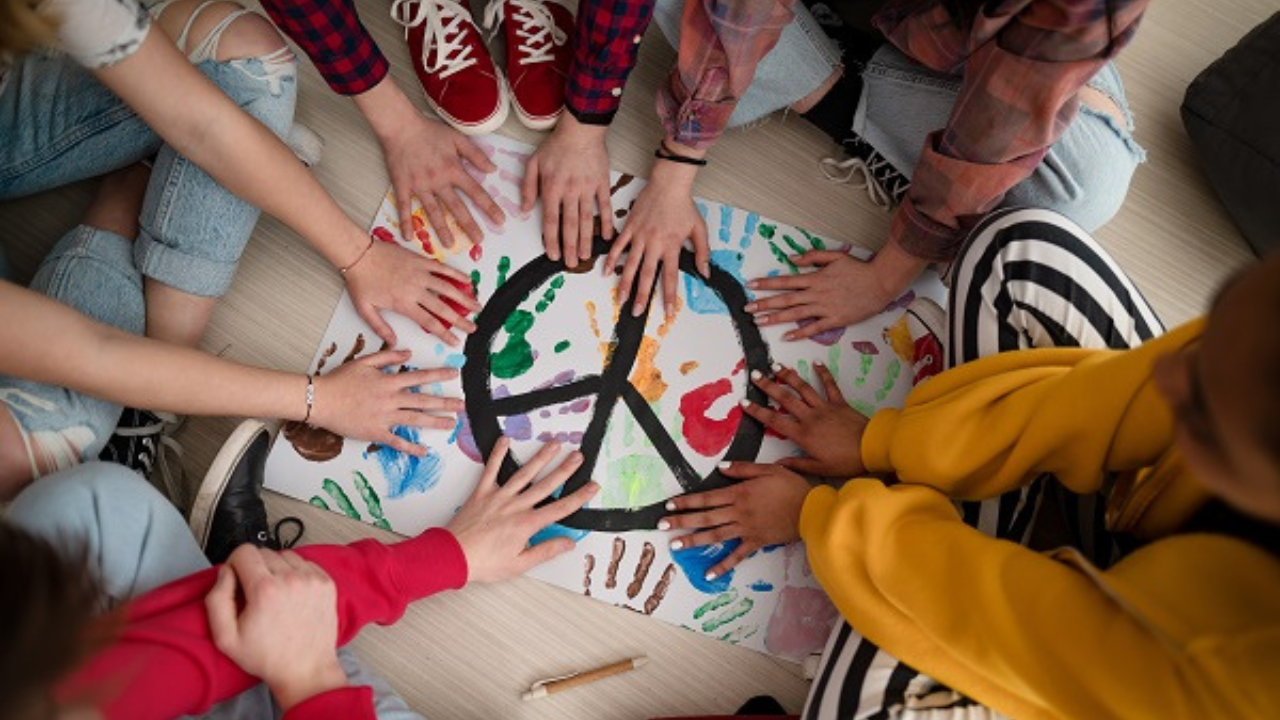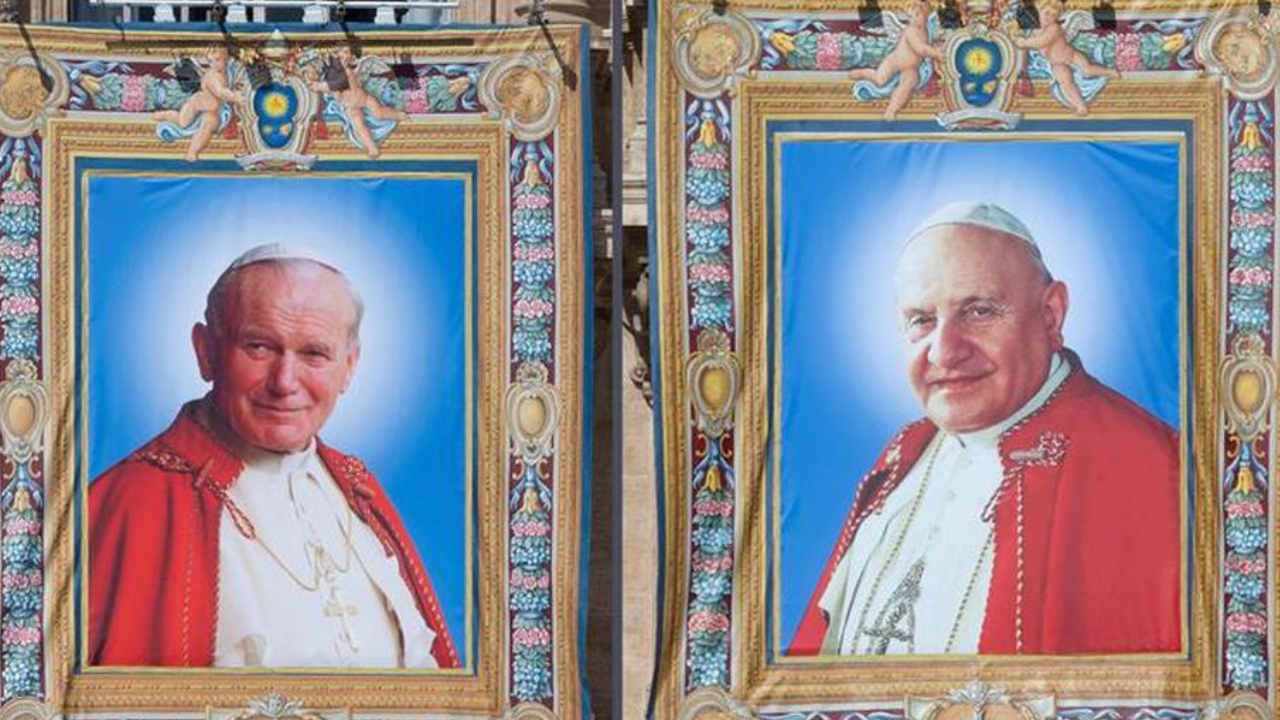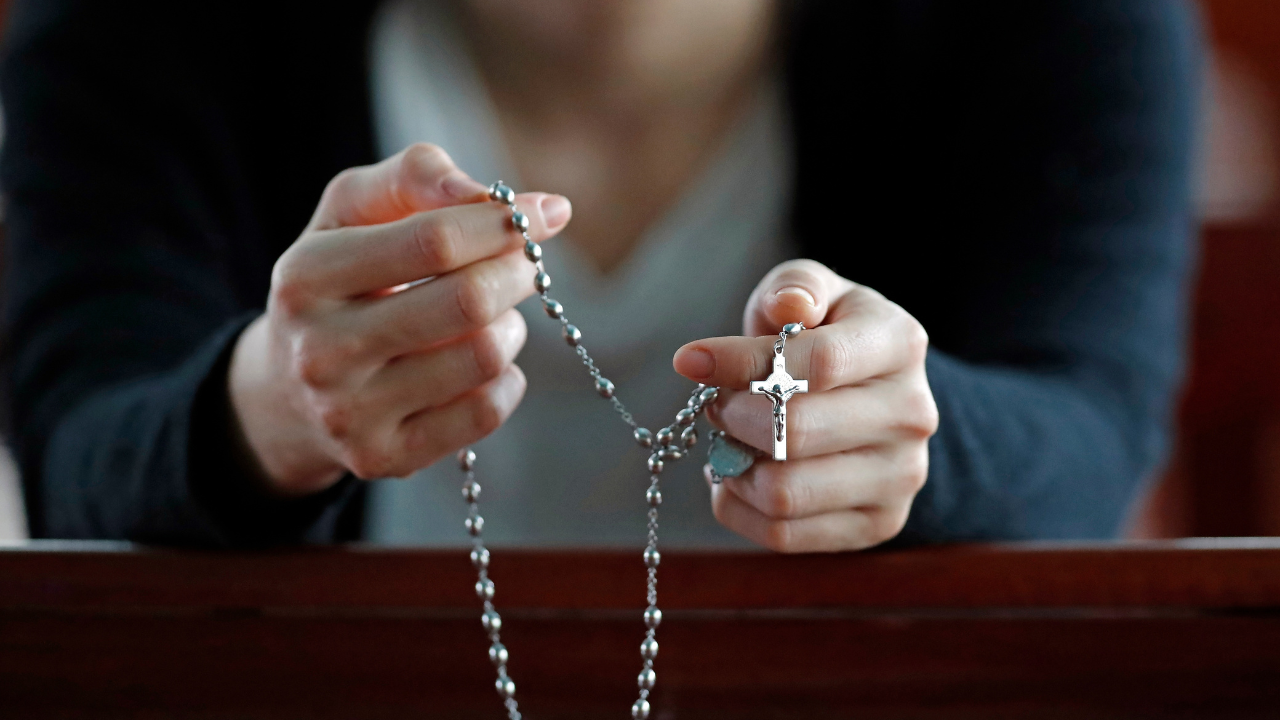For two days, Muslims, Jews and Christians are convening at the Vatican to discuss ethical approaches to the end of life. The conference, Religion and Medical Ethics, debates when exactly is the end of life and what should be done at that point.
One of the medical representatives of Islam says for each person involved in the death process, the word means something different.
DR. AASIM PADELA
Director, Initiative on Islam and Medicine
“We have different constructions of what death is. For physicians, we want a point when we can stop treatment, right? For us, that's what that provides a moral endpoint to health care treatments. For patients, death is a part where they cannot have community behaviors around this, they can start the morning rituals, families and, you know, surrogate decision makers can live on. For biologists, they think about death as a point where their organism no longer exists, right? And philosophers think about that when a person is no longer present.”
In this way, religious leaders, medical experts and scholars are able to share what they believe regarding the dignity of life and how they can all work together in this regard.
Rome's Rabbi Di Segni explained that Jews are in favor of protecting life, but one unavoidable part of it is death. He said more than likely, suffering accompanies it.
DR. RICCARDO DI SEGNI
Chief Rabbi of Rome
“Suffering inevitably is a part of life. From it, we can also understand the meaning of purification. This does not mean that suffering must, when possible, not be addressed or helped. If you can fight suffering, you have to do everything to fight it. Yet, it is one point to combat suffering, to eliminate it and another to eliminate the person suffering.”
DR. NUNZIATINA COMORETTO
Pontifical Academy for Life
“Caring relationships, patience, generosity, and loving acceptance are extraordinary ways of therapy for the sick person. This also affects the family itself. In this moment, the family is able to receive attention from their small community, all the way up to the extended community, which is society at large.'
Thus implementation of palliative care at every age level of a sick patient is a big conference topic. The three monotheistic religions are seeking how medical professionals and caregivers can include well-rounded assistance for the patient, which includes spiritual, emotional, psychological and physical care.
